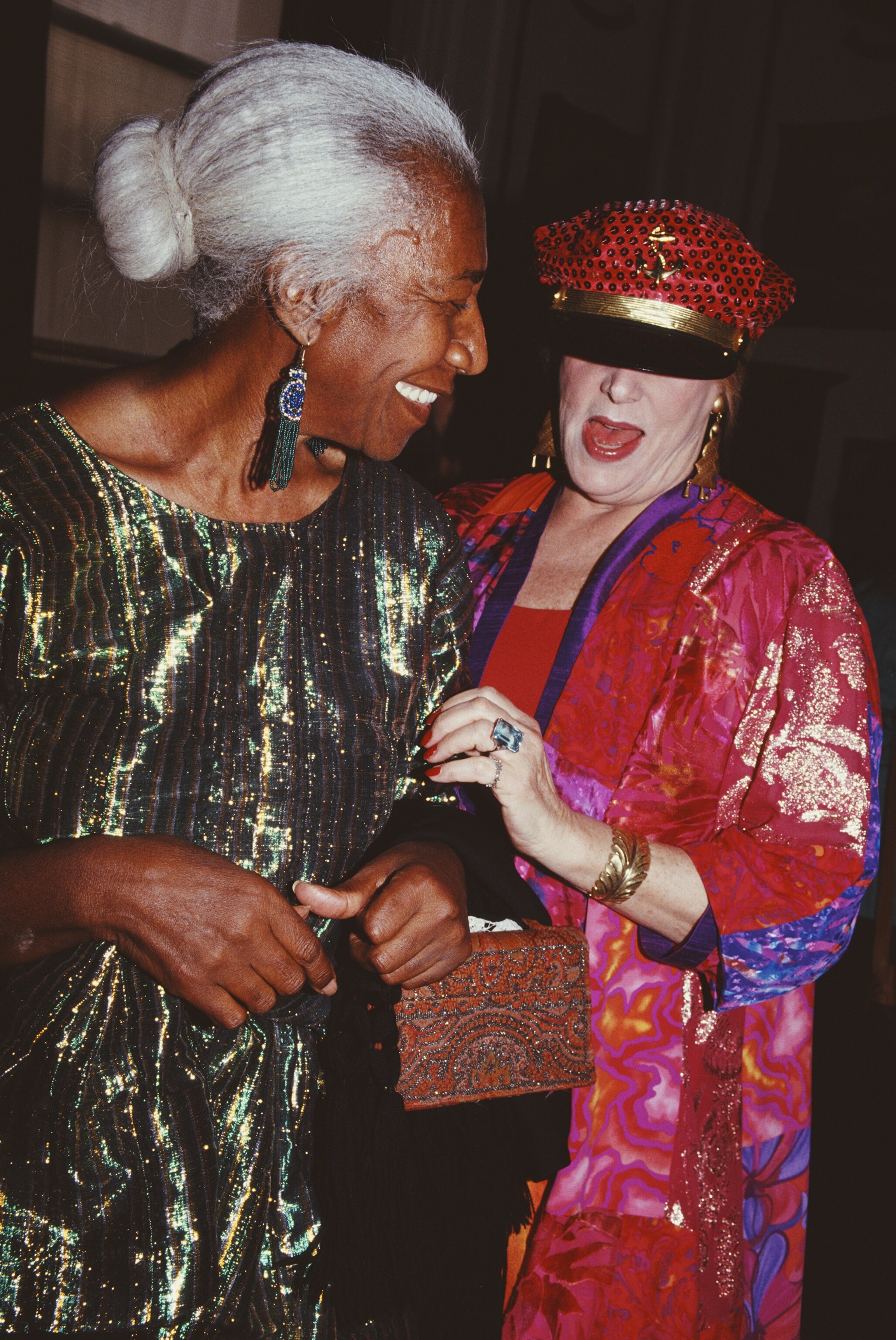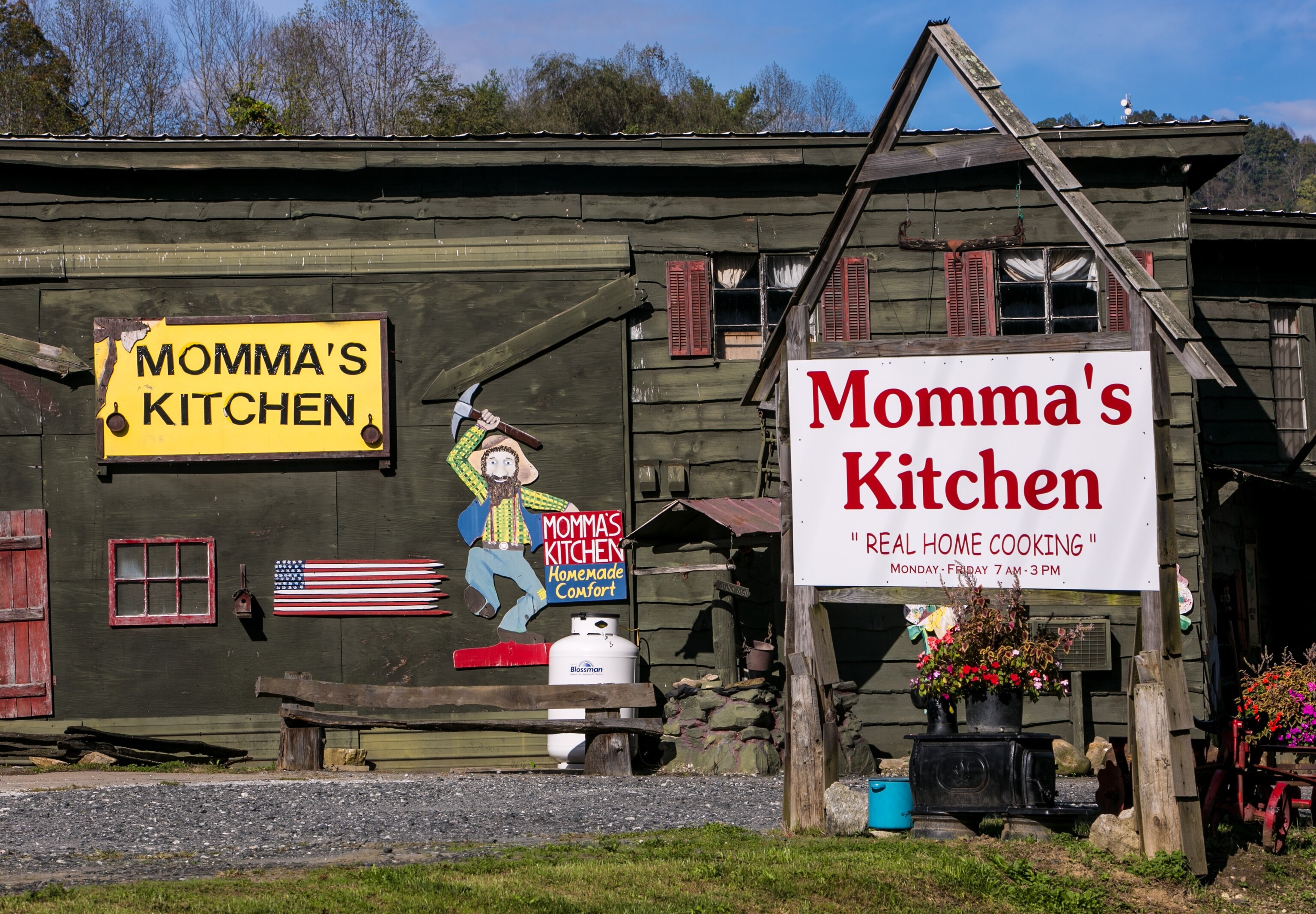
Who Owns Southern Food?
When it comes to food and cooking, the American South is hot. Yet the stories and experiences of African Americans have been largely left out of the conversation. Is it a type of cultural appropriation, or just a sign of the times?
When I talk to a friend who is a white lifestyle doyenne about the notion of cultural appropriation in food, she says that I am being too sensitive. “After all slavery was a million years ago, and people don’t have maids and cooks anymore. Why hang on to the old stuff?” She tells me that Southern food is in a much better place now because it is mainstreamed. As you can imagine, saying this to a black woman doesn’t go over well. It was like she was saying, “fiddle de dee, cultural appropriation is good.” For whom?
In October of this year, Francis Lam wrote an in-depth cover story for The New York Times Magazine: Edna Lewis and the Black Roots of American Cooking. He skillfully captures the life and times of this African American grande dame of Southern food, bringing her art to thousands who may have never heard of her.
Lam says that until Lewis wrote The Taste of Country Cooking in 1976, Southerners, both black and white, were apologetic about the food of their roots. But Lewis created a new lens that gave the food elegance and lifted it up as not just a part of the South’s history, but as a key part of American culture. Yet for the most part, Lewis, who died in 2006, remained a nameless, faceless piece of the Southern food culture for all except a small few in the rarefied culinary know.

So how do American treasures like Lewis and the role that black cooks have played in shaping the conversation on food in this country get lost? Some would say that what has happened is cultural appropriation over generations.
Others argue that there is no reason for distinction, as Southern food belongs to region, not a race or ethnicity. But as Lewis said in an interview back in 1992 with The New York Times, “it is mostly black, because blacks did most of the cooking in private homes, hotels and railroads.”
It is well documented that one of the significant jobs of the house slaves was to prepare the meals for the master, his family and his guests. Many of the recipes that have been passed down for generations in both black and white families and are the backbone of Southern cooking were born out of slavery. It is not the content of the recipes that is missing, but the context.
Nancie McDermott, who is white, is a diehard Southern cook. She has written many cookbooks about her roots. McDermott sees herself as a “cultural anthropologist” who digs beyond the recipe to tell a good cultural and often historical story. Her latest book, Southern Soups and Stews, embraces the traditions across Southern cultures, including the contributions of black cooks.

In it, she ponders the glory and nuances of the crown jewel of Southern soups and stews—gumbo. She honors New Orleans treasure and African American chef Leah Chase, owner of Dookey Chase restaurant. “Chef Chase’s gumbo z’herbes, cooked on Holy Thursday at the restaurant, is a tradition,” she says. “When she couldn’t get back into the flood-damaged kitchen of her restaurant during the first Holy Week after Hurricane Katrina, she kept the promise she had made after the storm.” According to McDermott, Chase set up a burner and cooked it on the sidewalk outside her restaurant.
African American food writer Toni Tipton-Martin’s book, The Jemima Code, gives a face and voice to the countless black men and women who she says were the undisputed architects of Southern food. Tipton-Martin catalogued nearly 300 black cookbooks from as far back as 1827.
“African American cooks and servants were always invisible and marginalized,” she says. But Tipton-Martin is cautious to use the term cultural appropriation when referring to the stories and recipes of the South. “Appropriation sounds deliberate, when in fact, there was no consideration given to the black slaves, cooks and maids, or the recipes ownership at all. “
Tipton-Martin also speaks on a piece of the cultural appropriation of black food that hits close to home for many black Americans who have roots in the Great Migration from the South to the major urban cities of the North in the first half of the 20th Century. She suggests that in some ways, African American’s place in food history was not stolen, we just didn’t fight for it.
I can relate. My grandfather came north with his parents from Opelika, Alabama, and my grandmother with her folks came from Commerce, Georgia. Like most, they didn’t come with a lot of material things, but their food culture and recipes arrived intact.
But their children didn’t always embrace the “good old days.” My mother didn’t see Southern food as a badge of honor, she was striving for middle class sameness. There were so many rules of what I could eat inside our home, but never out, especially around white people. We hid our culture in plain sight. It was as if eating lasagna and forgoing black-eyed peas was going to make or break our upward mobility. Food and race in this country are both powerful currencies.
Over the past nine years, the nominations for the prestigious James Beard Foundation’s annual award for best American food cookbook have gone to books about Southern foods. Yet there has never been a book by an African American author to take top honors or even be nominated in the American Food category. (Ethiopian food superstar Marcus Samuelsson won a James Beard in 2013, for his memoir, Yes, Chef.)
But maybe the tide is turning. This fall there have been at least six Southern cookbooks published by major houses and written by black authors. Maybe we can begin a real conversation about race, culture and food in this country and the contributions of everyone.
Andrea King Collier is a food writer based in Lansing, MI, with Southern food roots that run deep and wide. She is the creative director of the Symposium for Professional Food Writers.